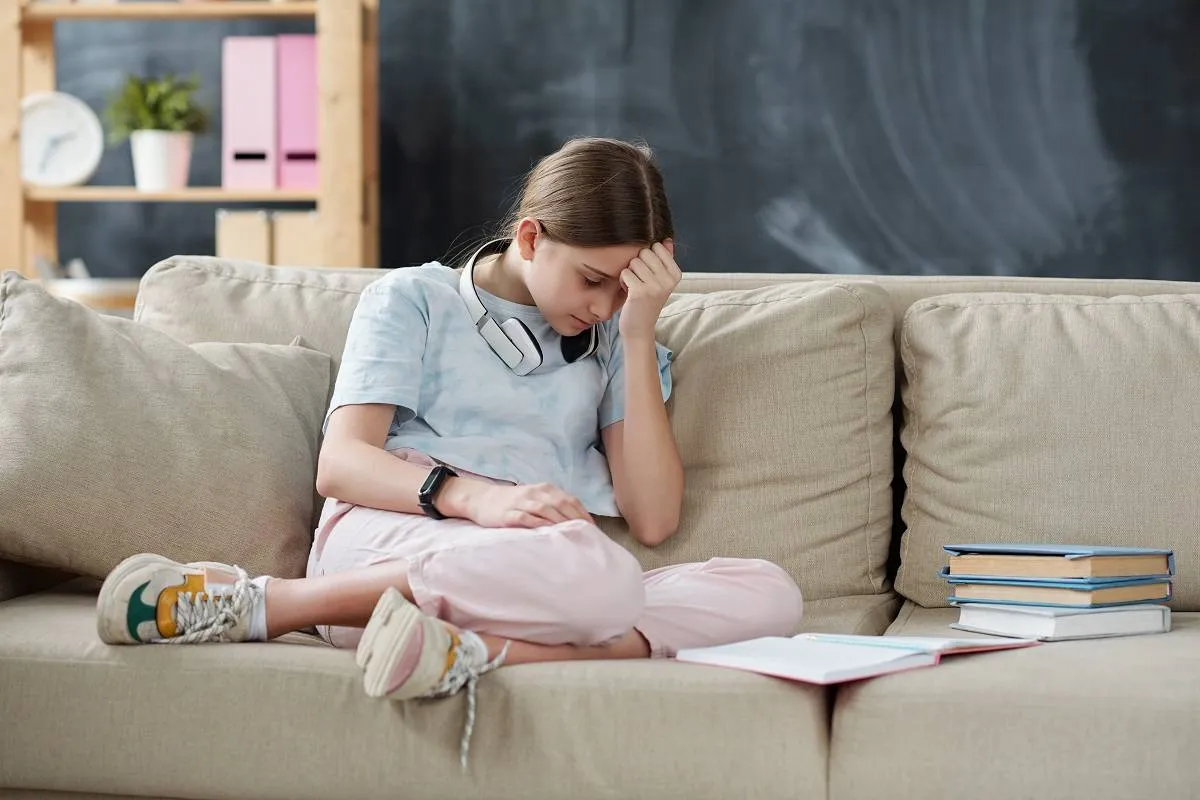
As a parent, you understand all too well how important it is to protect your child — but sometimes this may do more harm than good. When they’re taught to accept only positivity, they may not know how to deal with a difficult situation, such as failure. To make sure that you raise a well-rounded child, you have to keep in mind that helping your child embrace their mistakes is just as important as providing them with unconditional love.
Your child has to learn that mistakes are the best teachers. Let them know this by giving them opportunities to show responsibility for their actions, giving them inspiration, and helping them understand why they make mistakes in the first place. Continue reading to learn more.
Tell Them Mistakes Are a Learning Experience
Say, for example, your child is playing with a shape sorter. Try as they might, they just can’t seem to fit the star-shaped piece into the rectangular opening. They may eventually end up crying or showing frustration because of this.
What you can do as a parent is to guide your child through this mistake by telling them that it’s a learning experience. In the situation above, you can encourage your child to try again and again until they find the correct shape that fits the toy.
Although this may be a simple example, you can apply the same concept when your child gets prepared to do complex tasks, such as chores, schoolwork, and other responsibilities.
Make Them Take Responsibility for Their Actions
Parents want what’s best for their child, but this doesn’t mean that they will let them do as they please all the time. There are some cases where the child has to learn how to take ownership for their actions. When they get used to blaming everyone else but themselves, they may not effectively learn how to deal with their own problems and mistakes.
For example, when they get into a physical fight with their siblings, as a parent, you should step in and intervene. It’s important to set boundaries, rules, and consequences as a result of your child’s mistake.
Here, you should be able to tell your child to apologize to their siblings. More than that, you can also drive your point home by taking away some of their privileges, such as shortening the hour they can spend on their gadget, or having them sleep earlier than usual.
Give Them Inspiration
While you may be the adult in the parent-child relationship, you were also once a child. This means that you’ve also made your fair share of mistakes and eventually learned from them to become who you are now.
Whenever your child makes a mistake, try not to chide them immediately. Instead, take a few minutes genuinely talking to them about a similar mistake that you’ve made in the past. This helps your child understand that they’re not alone in making mistakes and that there shouldn’t be anything shameful in doing so.
Know Why They Make Mistakes
The positive side when it comes to mistakes is that more often than not, they’re unintentional. Your child might not even know that they’ve already made a mistake, which is why they might also not understand why they’re getting consequences for it.
Keeping this in mind, it’s important to communicate with your child. Ask them questions about what they did and what led them to the mistake. Be patient with them — they have yet to learn about certain things about life. Always make sure that you’re supporting them and trying to see their point of view as well.
Key Takeaway
Helping your child embrace their mistakes shouldn’t be something that you shy away from because this is one aspect of child development. Even at their young age, there’s still something you can do, such as understand why they made a mistake, learning from there, helping them take responsibility, and seeing things through their perspective.
Even the simple techniques above can go a long way. Ultimately, they may help your child grow to become a more holistically-developed individual who is able to connect with others and themselves in a healthier and more meaningful way.






-logo.png)



